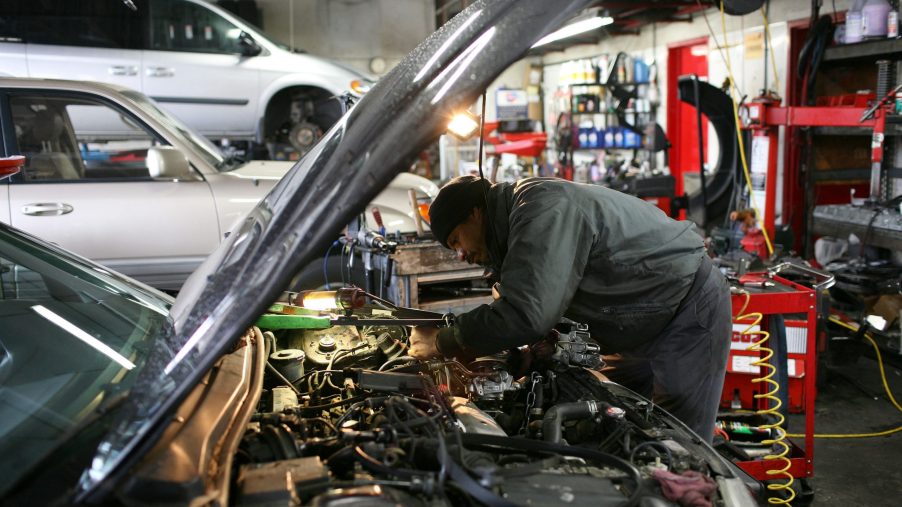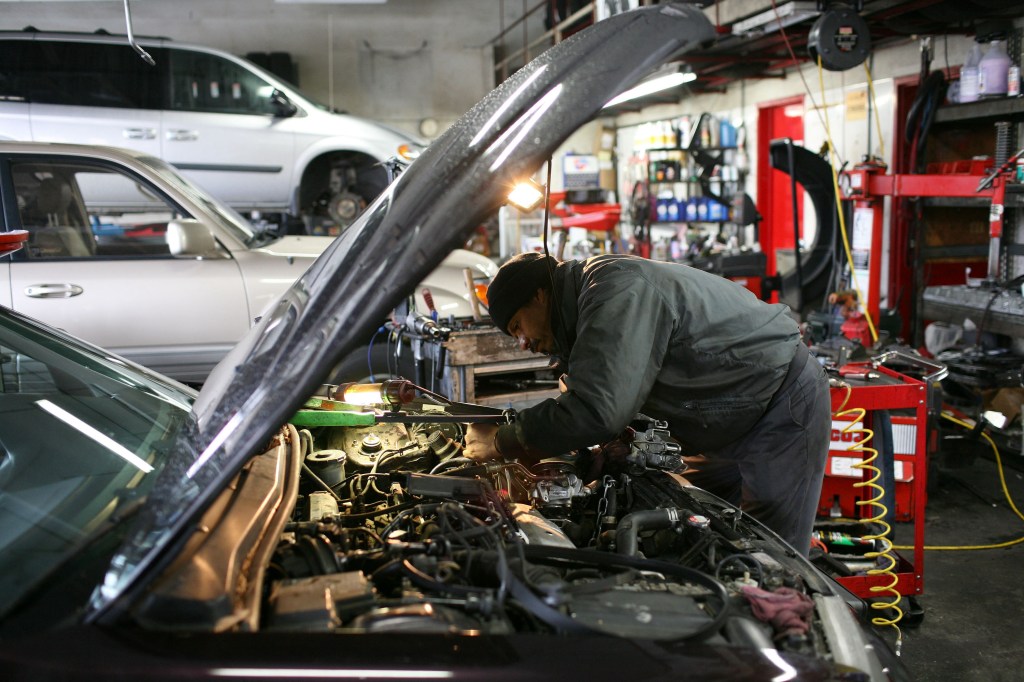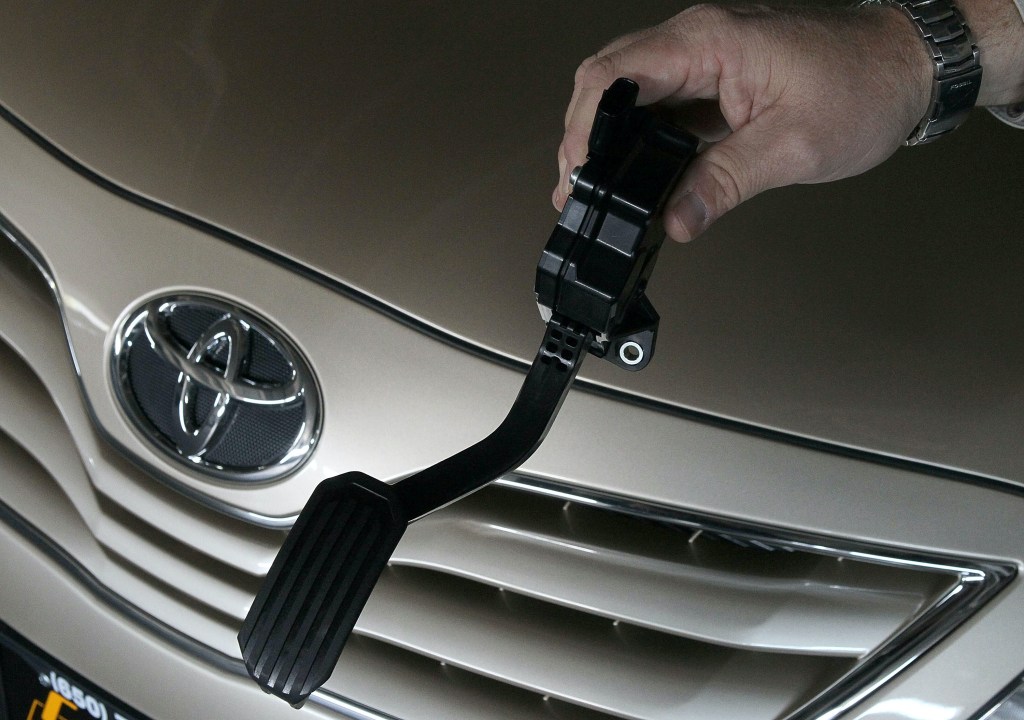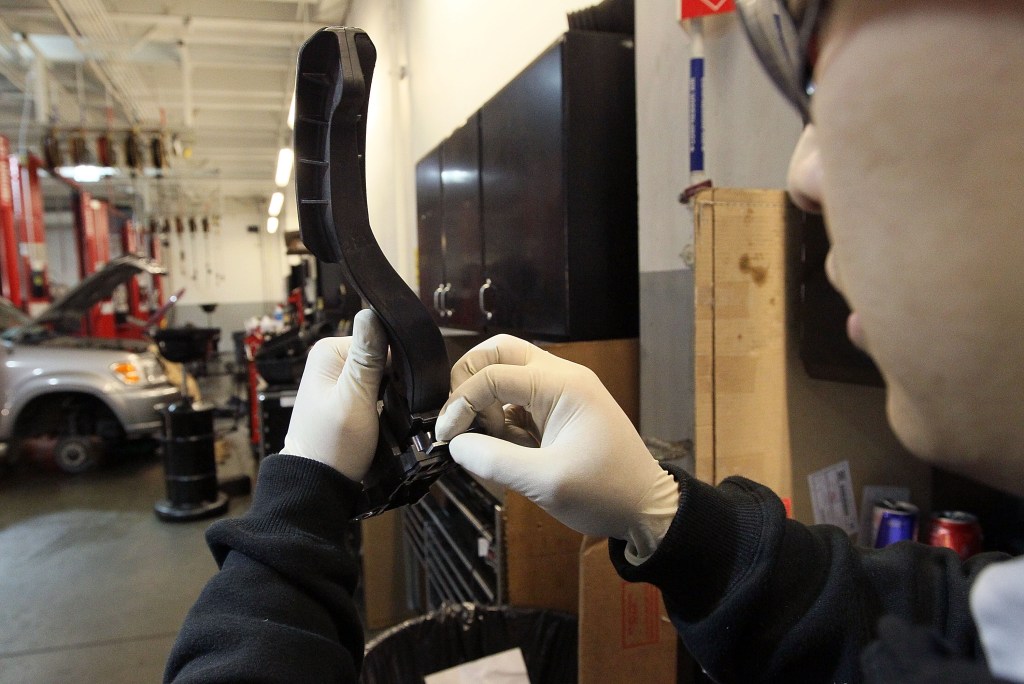
Are Recalls Covered on Used Cars?
Many drivers hear the word “recall” and think that it means that their car is going to turn into a coffin on wheels overnight. That’s typically not the case. But what if you buy a used car from a dealership or a private party only to find out that it has an open recall? Would that recall be covered by the manufacturer?
Recalls should be covered by the manufacturer even if you’re not the original owner

If you have recently purchased a used car, then you can find out if it has any open recalls on the NHTSA website. If your car has one, or more than one, then you can call your local dealership to schedule an appointment and have the recall work done. According to Kelley Blue Book, you don’t need to be the original owner of the car to have recall work done to it.
The dealership that you take the car to should be able to update the owner’s information since they note the car’s VIN and log that the recall work was done. However, it is possible that you might need to take the extra step in contacting the automaker directly to let them know of the vehicle’s new ownership. In that case, you can find the manufacturer’s contact information in the owner’s manual or on its respective website.
Can a dealership make you pay for recall work?

Technically, no. Although there are some rare cases where customers have reported dealerships charging them to have recall work done. In one case, as reported by WCPO in Cincinnati, a Chevrolet dealership reportedly wanted to charge a customer for recall work that needed to be done on their 2008 Chevy Cobalt. According to the report, the fuel pump was leaking gasoline – which was covered under a safety recall – but the dealership said they had to charge the customer since the vehicle in question had a salvaged title.
The dealership’s explanation was that they could be liable if the car were to get into a crash later on. According to the NHTSA, a vehicle with a salvaged or branded title is not a valid reason for a dealership to refuse recall work. However, Kelley Blue Book also notes that “the statute of limitations for all no-charge recalls is 8 years from the original sale date of the vehicle.” After that time period, you could be charged for the parts being replaced to satisfy the recall. It can vary from state to state, so the best thing to do is to call your local dealership and find out about the recall repair.
When buying a used car, make sure to get it inspected first

If you’re planning to purchase a used car, or if you have already bought one, then consider getting it checked out by a qualified mechanic. Ideally, you can get it inspected by a dealership – which may cost more – who can then check on any open recalls that you should know about. At the very least, remember to run the car’s VIN through the NHTSA website to check for any recalls. It may save you from a lot of headaches later on.



